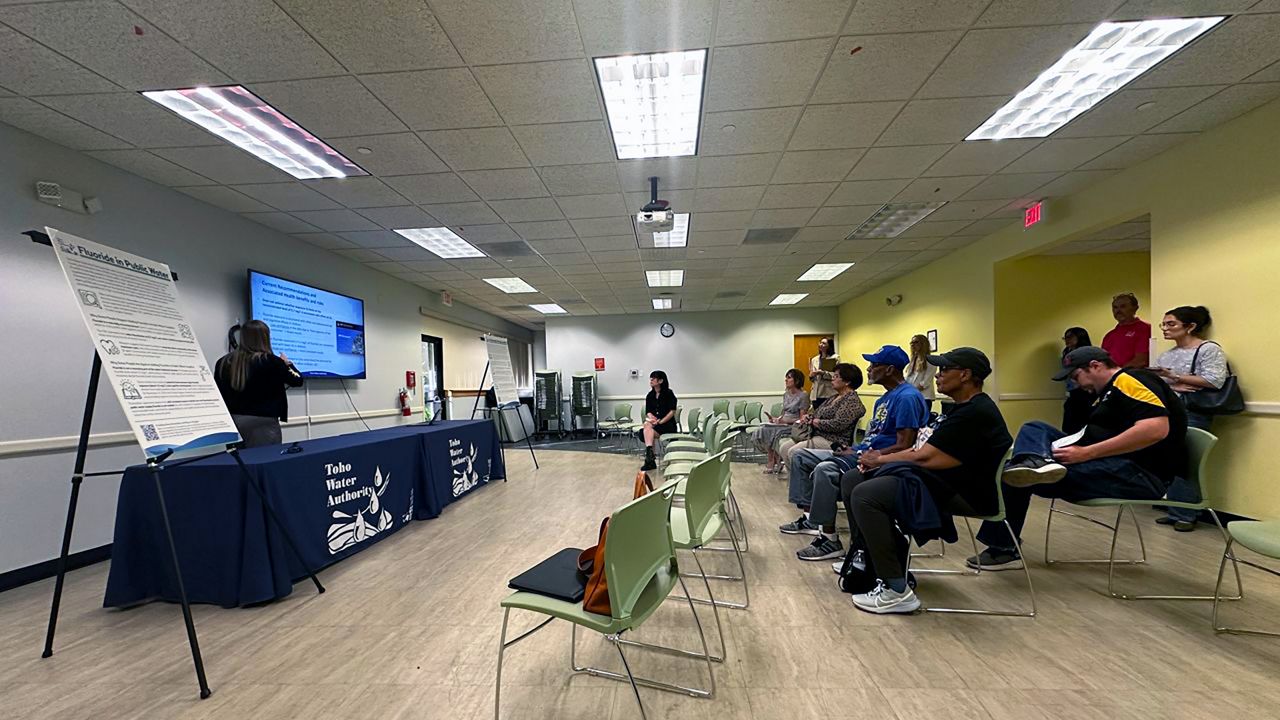UPDATE (4/21): Since publishing this article, several changes have been made to HB 999. The bill no longer bans majors or minors utilizing Critical Theory. As of writing this update on April 21, 2023, the bill now specifies that general education core classes may not theorize that systematic racism, sexism, or privilege are inherent in U.S. institutions. The bill would still defund Diversity, Equity, and Inclusion programs.
TALLAHASSEE, Fla. — A new bill working its way through the Florida House of Representatives could change the future of a variety of different courses at state colleges and universities.
House Bill 999 would ban majors and minors utilizing critical theory — which includes critical race theory, radical feminist theory, queer theory, and others.
What You Need To Know
- A bill that would ban majors and minors at state colleges and universities that incorporate critical theory has been filed in the Florida House
- HB 999 would also prevent universities from using taxpayer dollars on Diversity, Equity and Inclusion programs
- The bill's sponsor, Rep. Alex Andrade, says this is a part of a larger focus to re-align with the state's mission of ensuring students are workforce ready
- Meanwhile, some students are raising concern over what this could mean for those enrolled in women's and gender studies courses
If passed, the enforcement of HB 999 would be left up to the Board of Governors which is comprised of 17 members, 14 of whom are appointed by the Governor's Office.
The bill will require schools to remove any majors or minors using critical theory, which includes critical race theory, critical race studies, critical ethnic studies, radical feminist theory, radical gender theory, queer theory, critical social justice, or intersectionality.
According to officials, the definitions of those areas of study will be set by of the Board of Governors.
“The best example I have is the student, who spoke in opposition of the bill, said critical race theory is taught as fact in her sociology major," said Rep. Alex Andrade, who sponsored the bill. "The major difference is the pedagogical methodology of these theories is essentially political ideologies amassed and mislabeled as scientific fact."
Sanjula Rajat, who is minoring in Sexuality, Women's and Gender Studies expressed grave concern over the proposed changes.
“We deserve to be able to form spaces where we can talk about things like this," Rajat said. "We deserve to learn about histories of activism, we deserve to learn about the ways of which systems of oppression are created and sustained, and we deserve to learn how to resist them.”
The bill also defunds state university Diversity, Equity and Inclusion (DEI) programs. Back in December, the office of Gov. Ron DeSantis requested a report detailing all campus activities or courses relating to DEI or critical race theory.
HB 999 would prevent state colleges and universities from using taxpayer dollars to fund Diversity, Equity, & Inclusion (DEI) programs. According to a report requested by the office of @GovRonDeSantis, UCF used $445k in state funds for the DEI program’s vice president’s office pic.twitter.com/m2CwYhztwc
— Celeste Springer (@CelesteSpringer) March 30, 2023
The University of Central Florida self-reported several courses that align with this methodology, including their course on third-wave feminism, which could now be on the chopping block.
"I honestly don’t understand why it would be in anyone’s interest — regardless of political party and regardless of political ideology — to undermine the very fabric of civil society, which is pluralism and diversity," said Dr. Margaret McLaren,a Rollins College professor of philosophy.
Republican proponents of HB 999 have called these programs "shockingly wasteful," citing a House of Representatives analysis that showed $20 million in taxpayer dollars go toward DEI initiatives statewide.
Here are a few shockingly wasteful highlights:
— Bryan Griffin (@BryanDGriffin) February 2, 2023
-The “Diversity and Inclusion Office” at USF which costs taxpayers over $1.1 million/yr
-The “Center for Environmental Equity and Justice” at FAMU that costs taxpayers $1.8 million per year https://t.co/FYdJthSOTA
Students like Rajat, who attends a private college, are unlikely to be impacted by the bill, though they are continuing to voice concerns for their peers at neighboring universities.
“Denying students of their education, and denying us the capacity to understand systems of oppression doesn’t benefit society," Rajat said. "It supports harm, it creates harm, and it sustains harm."
HB 999 is currently in the Education & Employment Committee, and will likely go to a full vote in the coming weeks. If signed into law, it would go into effect on July 1.
Celeste Springer is the education beat reporter for Spectrum News 13. If you have a story idea or concern, you can email her at celeste.springer@charter.com.









